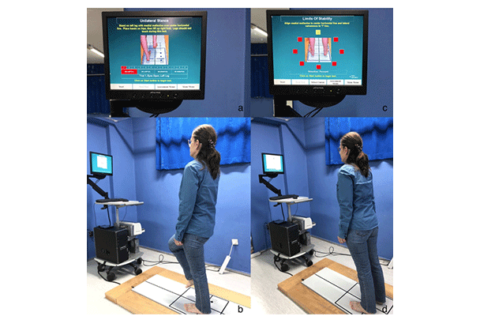
Balance performance in patients with heart failure
Published on: February 2, 2021
Tanriverdia et al (Heart & Lung 49, 458–462 (2020)) recruited more than two dozen patients with heart failure and compared their performance in tests of static, dynamic, and functional balance to controls. Participants with heart failure were outperformed in Unilateral Stance testing, as well as Limits of Stability. The authors call for balance assessments at the outset of cardiac rehabilitation programs, and their work highlights the importance of the physical therapist in the care team for patients with heart failure.
Read Article
Recent Posts
Comparison between Epley and Gans Repositioning Maneuvers for Posterior Canal BPPV: A Randomized Controlled Trial
Published on: March 26, 2024
Annals of Indian Academy of Neurology | Volume 26 – Issue 4 – July-August 2023 Benign paroxysmal positional vertigo (BPPV) is one of the commonly occurring causes of vertigo. BPPV […]
Read more
How to evaluate and treat the dizzy patient: non-medical diagnosis-based strategies
Published on: February 16, 2024
ENT & Audiology News | Balance & Vestibular Disorders 2024 It is estimated that dizziness, vertigo and falls are the third most common complaints heard by physicians from all age […]
Read more
The cost of untreated vestibular conditions: the role of otolaryngology & rehabilitation
Published on: February 15, 2024
Journal of Otolaryngology-ENT Research | Volume 16 Issue 1 – 2024 It is estimated that dizziness, vertigo, and falls are the third most common complaints heard by physicians from all […]
Read more
Understanding Mal de Debarquement syndrome (MdDS), persistent postural perceptual dizziness (3PD) and somatoform disorders: and the role of vestibular rehabilitation therapy (VRT)
Published on: January 3, 2024
Volume 16 Issue 1 – 2024 Richard E Gans, Kimberly Rutherford, Allisson D’Alessandro American Institute of Balance, USA Correspondence: Richard E Gans, Founder and Executive Director of the American Institute […]
Read more
